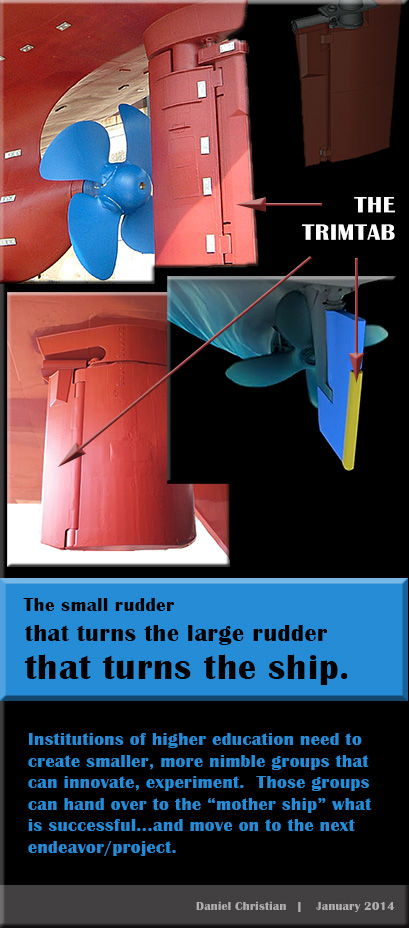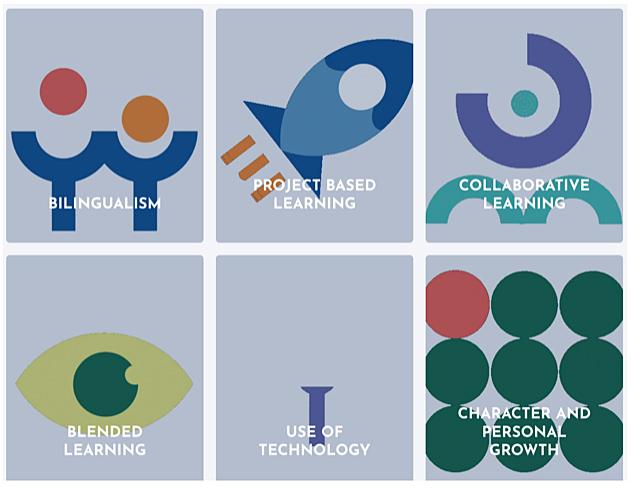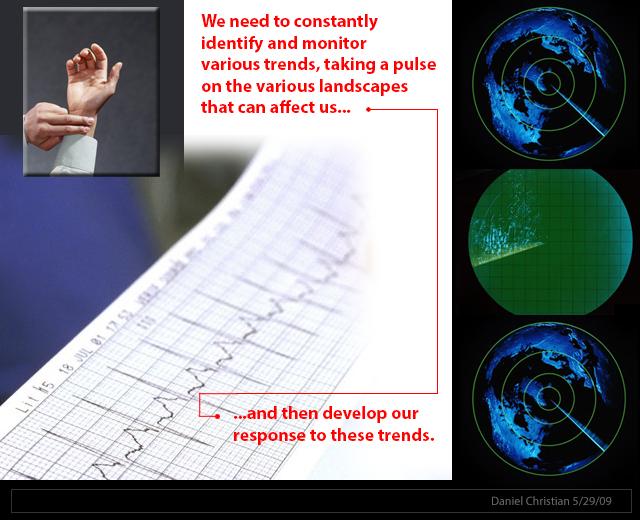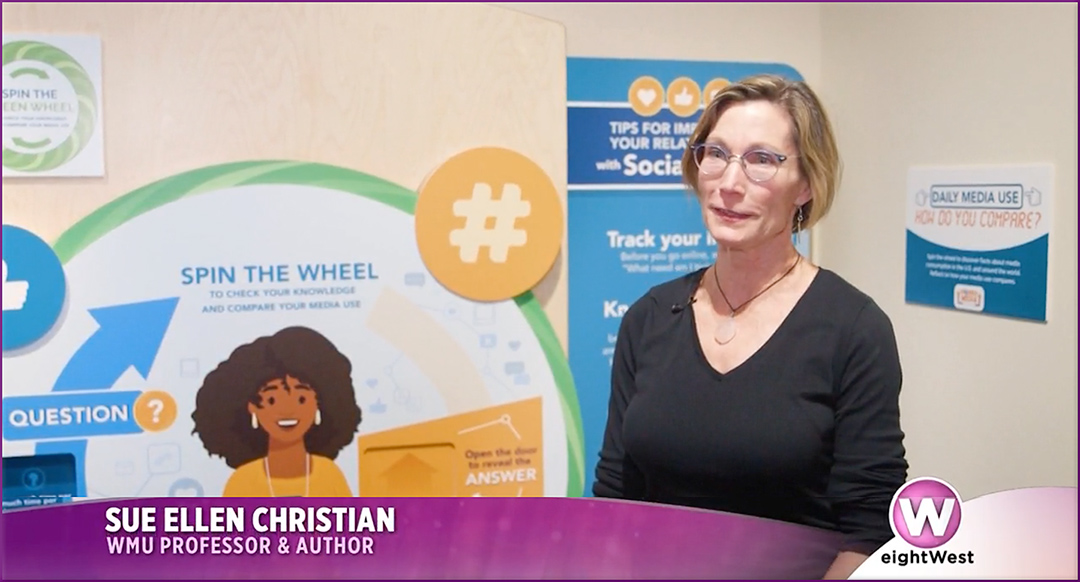Why Now Is The Time To Overhaul K-12 Education — from forbes.com by Phyllis Lockett and Michael Horn
Excerpts:
If you take a team approach, then one adult works with students on their social-emotional learning and how they connect to their learning. And another leverages data to create small group opportunities based on the learning objective. And another connects learning to real world projects and helps students build social capital in the community, which also creates a more permeable classroom that’s open to the outside world. Or there could be other ways the teams are structured to best support the student.
For all the plans in the past to “reinvent” K-12 education, none have questioned the fundamentals of time-based instruction. It’s no surprise then that the system produces the outcomes it does. Not every child needs exactly 180 days to master the knowledge and skills required for a third grader. Conversely, some kids need more time. It’s an arbitrary system that cuts off learning for children based on a calendar, yet doesn’t provide a different pathway forward for them that’s productive. In our current system, time is fixed and learning is variable, then students are labeled and sorted accordingly.
Michael Horn
From DSC:
This quote…
The answer is for district leaders to create independent teams of educators in which they are shielded from traditional day to day pressures and have the explicit license to do things differently. They can give these new “schools within schools” the resources they need without encumbering them by the old ways of doing things.
…makes me think of a graphic I did a while back about the need for more Trim Tabs within our learning ecosystems:















